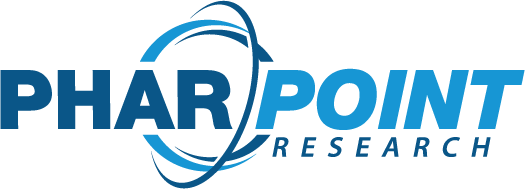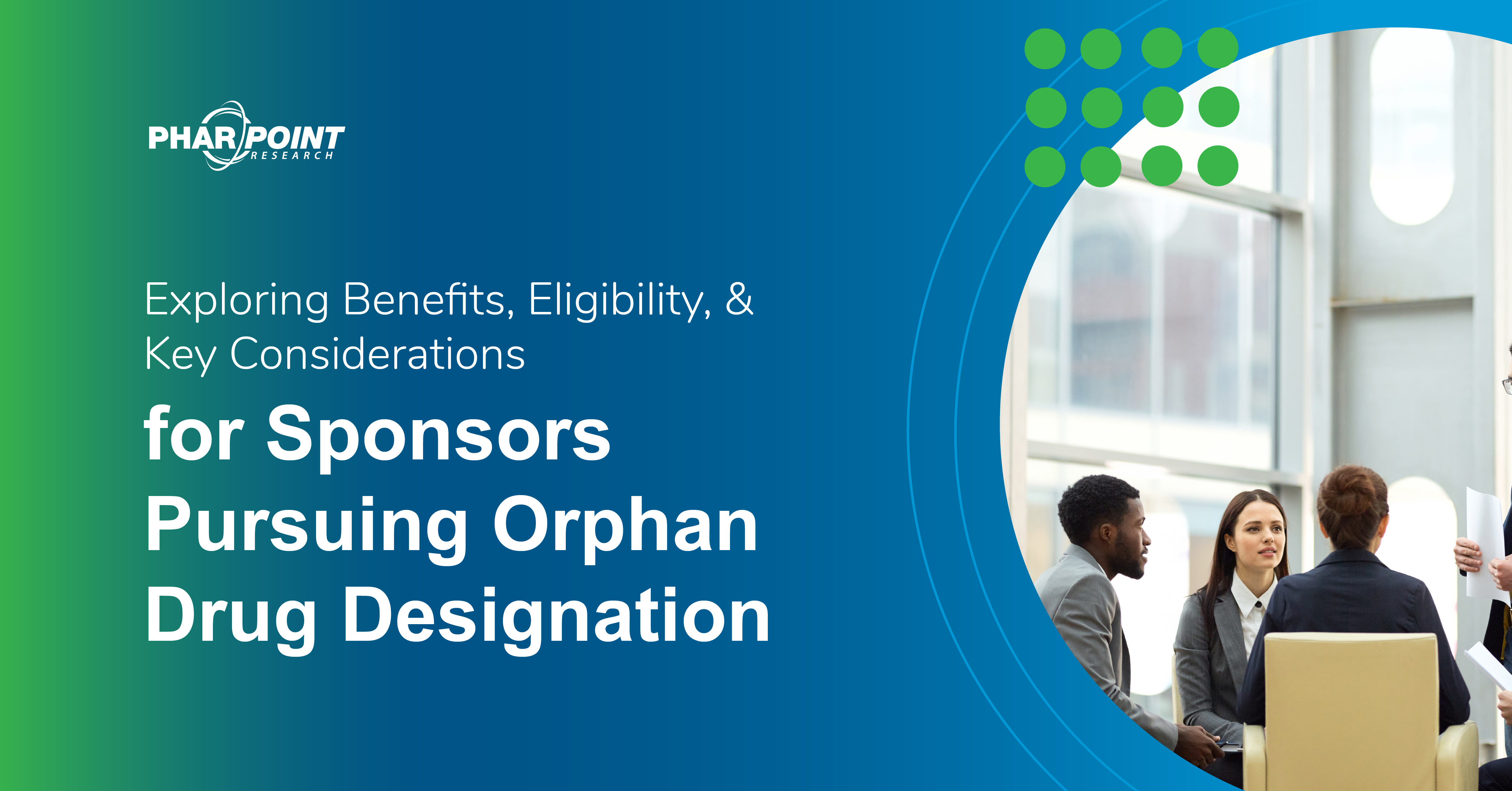What are the benefits of Orphan Drug Designation?
ODD provides sponsors with a variety of benefits. This includes:
Tax Credits for Clinical Testing
Products with an orphan drug designation can claim a tax credit on clinical testing expenses. The IRS administers this program through Form 8820, known as the Orphan Drug Credit. Sponsors can receive a credit rate of 25% on clinical testing costs incurred during the tax year.
Under the Orphan Drug Credit, 100% of contract research expenses are treated as clinical testing expenses rather than 65% or 75% (source – IRS Form 8820).
Waiver of NDA/BLA User Fees
Products that receive orphan drug designation have their New Drug Application (NDA) or Biologics License Application (BLA) user fee waived. This is a substantial cost benefit for sponsors, with user fees for applications that require clinical data exceeding $4 million in 2025 (source – FDA).
Eligibility for 7 Years of Marketing Exclusivity
Once a product receives FDA approval, orphan drug designation may grant the sponsor seven years of exclusive marketing rights.
Note that if there is already an approved drug for the same disease/condition, a sponsor may need to conduct head-to-head clinical studies to become eligible for exclusivity.
Exemption from Pediatric Development Plan Submission
Typically, for sponsors planning to develop treatments that can be used within pediatric populations, one of the regulatory requirements under the Pediatric Research Equity Act (PREA) is the submission of a pediatric development plan by the end of Phase 2.
However, if a product has Orphan Drug Designation, this requirement is waived until after the product is approved. This waiver allows sponsors to gather robust clinical data before committing to a pediatric development plan.
Who Is Eligible for Orphan Drug Designation?
Orphan Drug Designation is generally intended for products targeting diseases or conditions that affect fewer than 200,000 people in the U.S. However, there are specific nuances and guidelines that sponsors must be aware of when applying for ODD.
Designations Based on Diseases, Not Indications
FDA grants orphan drug designation for a disease or condition rather than a specific indication. For example, a drug designed for “traumatic brain injury” may receive ODD, but a product specifically for “moderate to severe traumatic brain injury” would not.
Sponsors must also be mindful of the regulatory definitions of diseases. For example, within infectious disease, the site of infection typically determines disease as opposed to the microorganism causing the disease (although there are exceptions to this, such as malaria). As another example, in the case of lymphomas, the World Health Organization (WHO) classification stipulates the disease of record.
Using Prevalence, Not Incidence
When estimating the affected population, FDA encourages sponsors to use prevalence (the total number of individuals living with the condition) rather than incidence (the number of new cases). If there is a range in prevalence estimates, the highest figure should be used to ensure a conservative approach. If a sponsor chooses not to use the highest figure, a clear explanation is required as to why it is believed the high estimate is skewed.
Incidence figures are only used for acute diseases with a duration of less than one year, where the disease is curable and unlikely to recur.
(Unsure the data you have will be sufficient? Sponsors often choose to work with a regulatory consultant to conduct a literature search on prevalence or epidemiology.)
For Products Related to Conditions Impacting Over 200,000 People
Although uncommon, products related to conditions impacting more than 200,000 people may still be eligible for orphan drug designation under specific circumstances.
The Orphan Subset designation may be granted if characteristics of a drug limits its use to a highly specific subset of a non-rare disease or condition. For instance, a drug targeting a specific biomarker or subtype of a common disease (e.g., antibody-specific therapies) may qualify.
FDA notes that subsets cannot be based on a sponsor’s plan to study drugs for a specific indication, the cost of the drug, clinical trial eligibility, or disease grade or stage.
Additionally, a product intended for a disease that affects more than 200,000 people may still be eligible for orphan drug designation if there is no reasonable expectation of recovering the cost of development and commercialization in the U.S. market. This scenario applies when the cost of developing and manufacturing the drug exceeds what can be recouped from U.S. sales, potentially making it economically unviable to pursue without the incentives offered by orphan designation.
Other Information to Consider
It is important to note that disease classifications are not static. As scientific understanding advances, diseases that were once grouped together may be split into smaller, distinct conditions. This evolving understanding may create new opportunities for orphan drug designation, as diseases that were previously considered common may now be categorized as rare.
Sponsors should also note that inclusion on a rare disease website or registry is not sufficient to prove that a disease qualifies as rare for orphan designation. Disease classifications are dynamic and must be supported by current scientific data.
Finally, if a sponsor is located outside the United States, they must designate a U.S. permanent resident to file the ODD request on their behalf. This individual will serve as the primary point of contact with the FDA. US-based companies like PharPoint can help facilitate this process by providing regulatory consulting services and ensuring compliance.
Looking for regulatory support as you plan your rare disease clinical trials?
Navigating the Orphan Drug Designation process can be complex, but with the right support, sponsors can maximize their chances of success.
PharPoint Research is a consultative contract research organization (CRO) with robust experience within rare indications. As part of our clinical trial services, PharPoint offers comprehensive regulatory consulting to help clients understand the nuances of eligibility, gather the necessary data and documents, and manage the application process for Orphan Drug Designation.
Let PharPoint’s experience in orphan drug trials support your regulatory needs and guide your product through the designation process. Reach out to our team to learn more.


